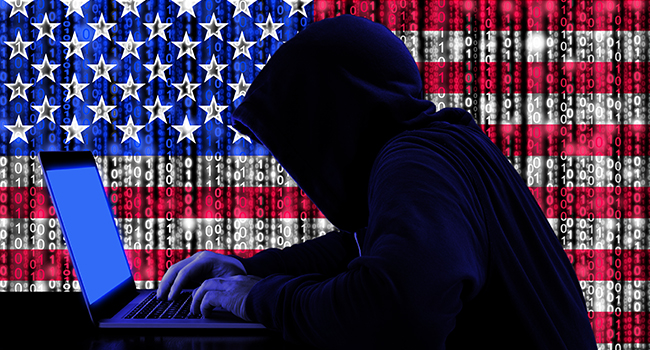
The “Other” Government Shutdown Cybersecurity Risk
Many furloughed employees still have access to government IT networks and systems, which makes them prime targets for criminals and nation states who are constantly seeking to steal credentials for accessing government IT systems and data.
- By Aubrey Turner
- Jan 25, 2019
Much has been written about the potential cybersecurity risk associated with the government shutdown. This discussion has focused largely on whether or not the agencies impacted by the shutdown have enough IT workers on staff (working without pay) to sufficiently man cybersecurity operations, and also the potential long-term damage of making it more difficult to recruit new cybersecurity talent in a time when there is a worldwide skills shortage.
Not as much attention has been paid to an entirely different cybersecurity problem brought about by the shutdown, however. And that is the risk that arises when you have 800,000 dislocated workers – either furloughed or working without pay - who may be justifiably disgruntled or under serious financial duress. Many, if not all, of these employees still have access to government IT networks and systems, which makes them prime targets for criminals and nation states who are constantly seeking to steal credentials for accessing government IT systems and data. The workers impacted by the shutdown are a particular risk for the following reasons:
- People in difficult life circumstances are highly vulnerable targets for stealing credentials, because they can be desperate for good news, job opportunities and other “triggers” that could inspire them to fall for phishing attacks.
- Having thousands of employees under financial duress increases the likelihood of “pay for passwords” - a Sailpoint survey of 1,000 employees found that 20% would be willing to sell their passwords, and 44% of those respondents would do so for less than $1,000.
- Employees will undoubtedly seek employment elsewhere over time, which means they could be working for other organizations when the shutdown ends, while still having credentials to log into U.S. government infrastructure.
- And finally, disgruntled workers with access to systems are among the most profound cybersecurity insider threats to their employers.
The shutdown creates a potential identity management nightmare for government IT workers – they need to be able to provision and deprovision accounts en masse, manage access based on worker status, and report on any access that has occurred during the shutdown, which includes determining whether the access was for malfeasance or legitimate reasons. And, they need to do this with skeleton staffs (that is, if they have anyone at the identity helm to begin with) who may not be motivated to “burn the midnight oil” to keep things secure.
Identity management is arguably the single most important information security function today. It is the most effective way to ensure that only the right people have access to the right systems at the right time. And yet, few organizations do IAM well, because it is a strategic undertaking that organizations often underestimate or avoid altogether. As a result, most organizations have an extremely difficult time ensuring that employees have the proper privileges for system access, and it is extremely common to find open accounts for ex-employees. Symantec and the Ponemon Institute conducted a survey on this problem after the last large-scale disruption of the U.S. workforce (the 2008 financial crisis), and found that 24 percent of laid off employees had full access to their former employer’s systems days after the layoff, and one-third of those had access more than a week after the layoffs.
With the shutdown steaming toward its fifth week amid a raging job market in the private economy, there are undoubtedly many government employees seeking employment elsewhere – and some may already be de facto “ex-employees” who are willing to sacrifice their back pay for the security of a new job. This means there are almost certainly many illegitimately active accounts with access to government systems. Add to that the number of employees who have access and are becoming more disgruntled by the hour, and you have a potentially profound cybersecurity problem that may not be detected until long after the shutdown ends.
About the Author
Aubrey Turner is the director of identity and access management solutions at Optiv Security.